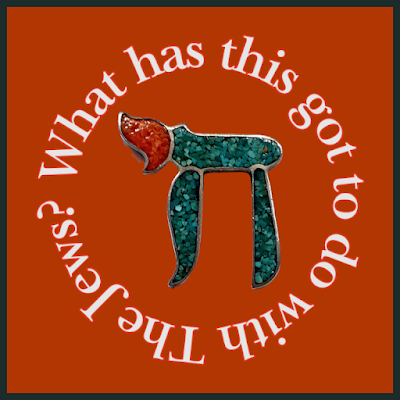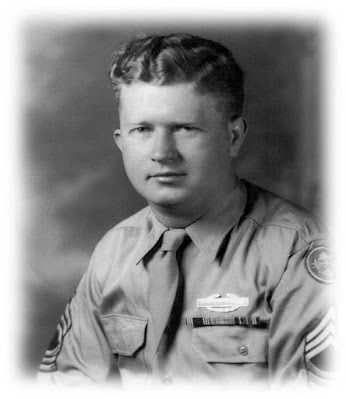Spartacus is a 1960 American epic historical drama film directed by Stanley Kubrick, written by Dalton Trumbo, and based on the 1951 novel of the same title by Howard Fast.
It is inspired by the life story of Spartacus, the leader of a slave revolt in antiquity, and the events of the Third Servile War.
It stars Kirk Douglas in the title role....
I bring a message from your master Marcus Licinius Crassus, commander of Italy.
By command of His Most Merciful Excellency, your lives are to be spared. Slaves you were and slaves you remain.
But the terrible penalty of crucifixion has been set aside on the single condition that you identify the body or the living person of the slave called Spartacus.
Spartacus is a 1951 historical novel by American writer Howard Fast. It is about the historic slave revolt led by Spartacus around 71 BC. The book inspired the 1960 film directed by Stanley Kubrick and the 2004 TV adaptation by Robert Dornhelm.
Now, Abq Jew has read the book. And Abq Jew noticed two things:
- The whole "I am Spartacus" thing was not repeat not in the book. Abq Jew suspects that Dalton Trumbo (one of the Hollywood Ten), Stanley Kubrick, or Kirk Douglas came up with the scene. It's very powerful; it makes the movie; and it is widely remembered. But it (apparently) is not from the pen of Howard Fast.
- Here is something that is from the pen of Howard Fast: the Jewish connection. In the book, Spartacus not only quotes Homer's Iliad - he also subscribes to the International Herald Tribune. Thus, Spartacus knows all about the Maccabean Revolt. The Jews' victory gives him hope that his revolt can also succeed.
Howard Melvin Fast (November 11, 1914 – March 12, 2003) was an American novelist and television writer. Fast also wrote under the pen names E.V. Cunningham and Walter Ericson.
As in, "a member of the Communist Party."
Fast was born in New York City. His mother, Ida (née Miller), was a British Jewish immigrant, and his father, Barney Fast, was a Ukrainian Jewish immigrant who shortened his name from Fastovsky upon arrival in America...
Howard credited his early voracious reading to a part-time job in the New York Public Library.
Fast spent World War II working with the United States Office of War Information, writing for Voice of America.
In 1943, he joined the Communist Party USA and in 1950, he was called before the House Committee on Un-American Activities; in his testimony, he refused to disclose the names of contributors to a fund for a home for orphans of American veterans of the Spanish Civil War (one of the contributors was Eleanor Roosevelt), and he was given a three-month prison sentence for contempt of Congress.
While he was at Mill Point Federal Prison, Fast began writing his most famous work, Spartacus, a novel about an uprising among Roman slaves.
Blacklisted by major publishing houses following his release from prison, Fast was forced to publish the novel himself.
It was a success, going through seven printings in the first four months of publication. (According to Fast in his memoir, 50,000 copies were printed, of which 48,000 were sold.)
He subsequently established the Blue Heron Press, which allowed him to continue publishing under his own name throughout the period of his blacklisting.
Just as the production of the film version of Spartacus (released in 1960) is considered a milestone in the breaking of the Hollywood blacklist, the reissue of Fast's novel by Crown Publishers in 1958 effectively ended his own blacklisting within the American publishing industry.
Fast's son Jonathan Fast, himself a novelist, was married to novelist Erica Jong; their daughter is the pundit Molly Jong-Fast. The writer Julius Fast was his younger brother.
their full strength against Crassus's legions
and were utterly defeated. Of the survivors,
some 6,000 were crucified along the Appian Way.
Master Sergeant Roddie Edmonds [1919-1985] of Knoxville, Tennessee, served in the US Army during World War II. He participated in the landing of the American forces in Europe and was taken prisoner by the Germans.
Together with other American POWs, including Jews, he was taken to Stalag IXA, a camp near Ziegenhain, Germany.
In line with their anti-Jewish policy, the Germans singled out Jewish POWs, and many of them on the Eastern Front were sent to extermination camps or killed. In some cases in the west Jewish POWs were also separated from the others.
Sometime in January 1945 the Germans announced that all Jewish POWs in Stalag IXA were to report the following morning. Master Sergeant Edmonds, who was in charge of the prisoners, ordered all POWs—Jews and non-Jews alike—to stand together.
When the German officer in charge saw that all the camp’s inmates were standing in front of their barracks, he turned to Edmonds and said, “They cannot all be Jews.”
To this Edmonds replied,
“We are all Jews.”
The German took out his pistol and threatened Edmonds, but the Master Sergeant did not waver and retorted,
“According the Geneva Convention, we have to give only our name, rank, and serial number. If you shoot me, you will have to shoot all of us, and after the war you will be tried for war crimes.”
The German gave up, turned around, and left the scene.
Incredibly, Roddie never told anybody about his wartime heroism.It wasn’t until long after Roddie’s death in 1985 that the story came out. His children, curious about their father’s wartime experiences, started reading the diary he’d kept...In 2015, Roddie Edmonds was honored by the Israeli Holocaust Memorial Yad Vashem as Righteous Among the Nations.
26,000 non-Jews who saved Jews during the Holocaust have been so honored, but Sgt. Roddie Edmonds is the only U.S. serviceman on that list.











No comments:
Post a Comment